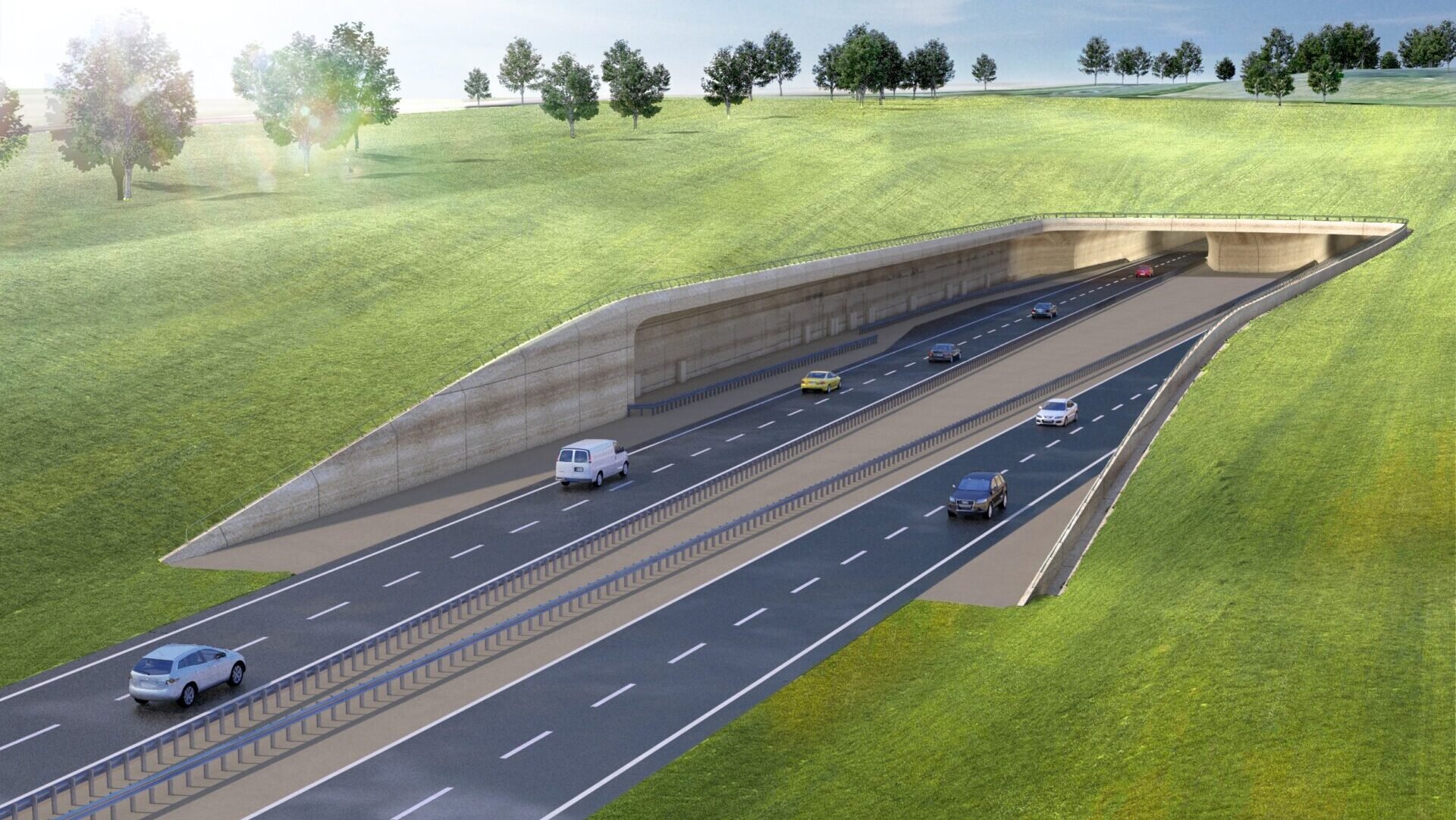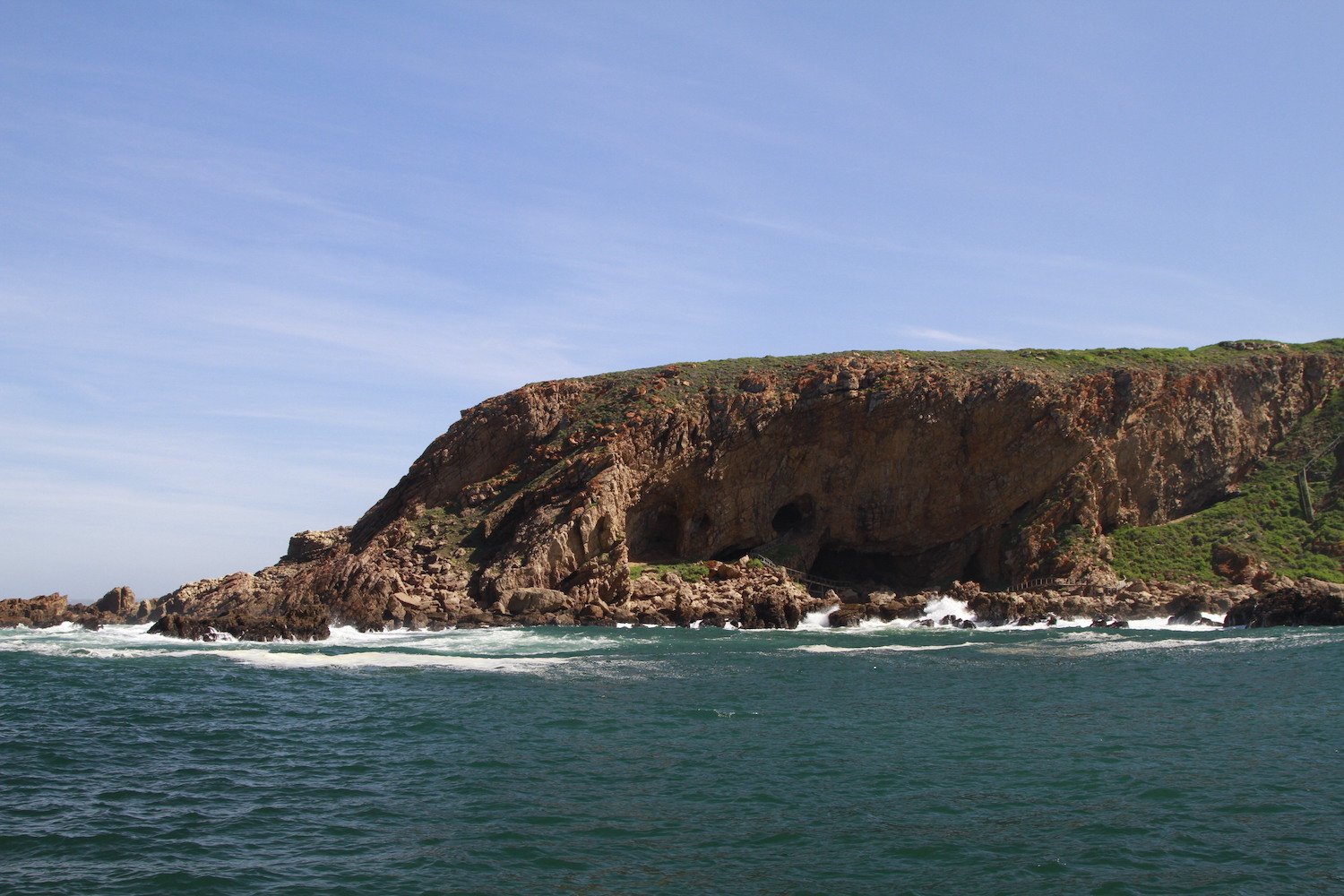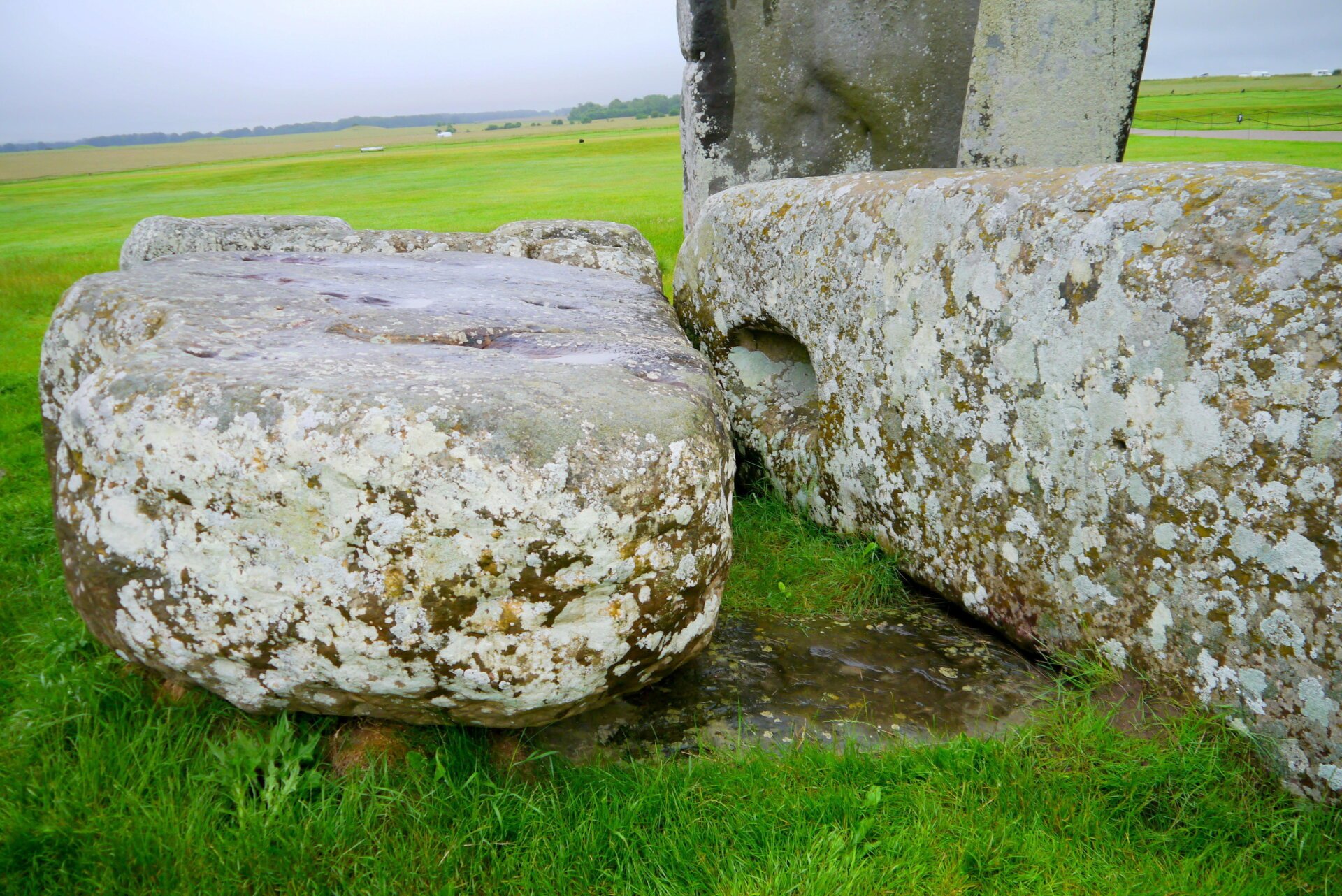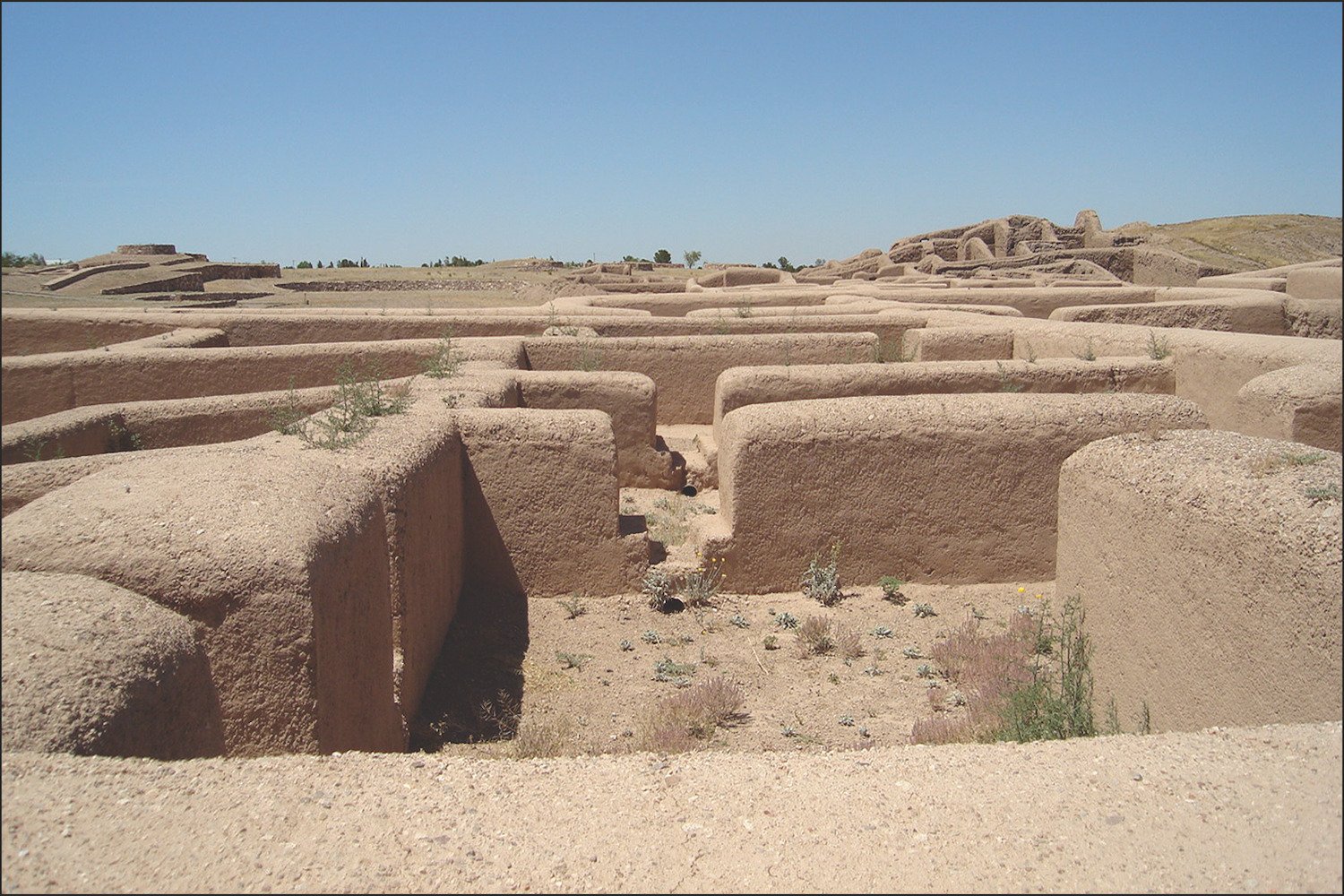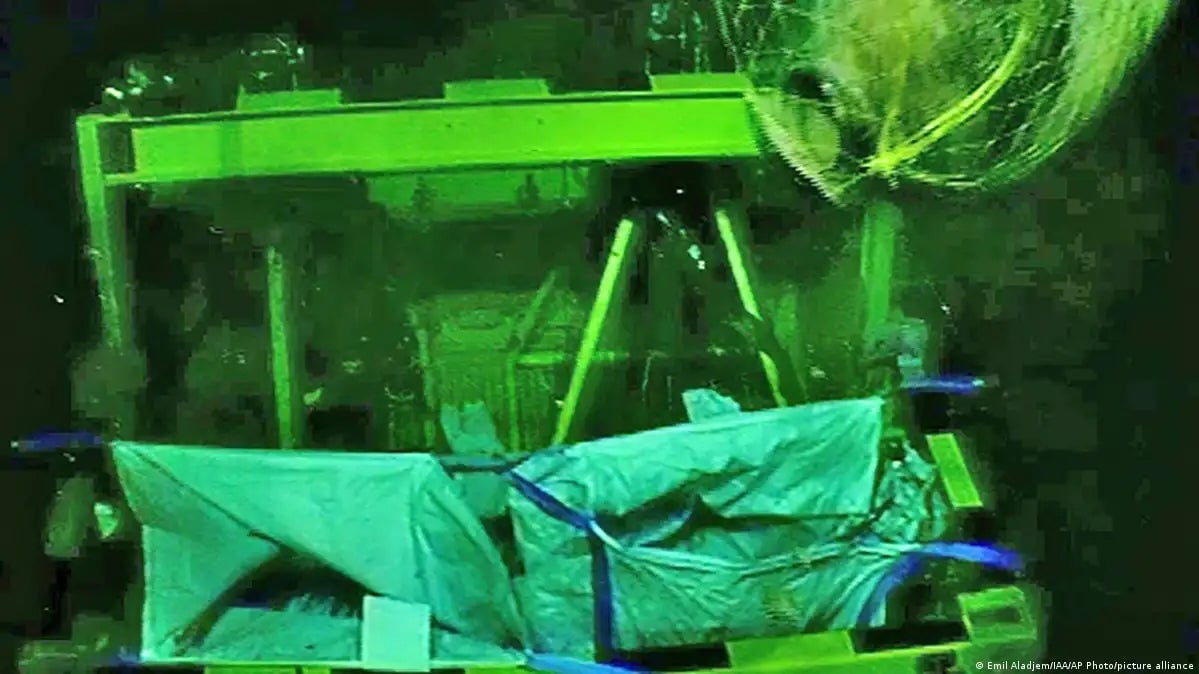The newly elected British government has cancelled the controversial plan to construct a highway tunnel beneath Stonehenge, reversing a previous decision despite a refusal by a United Nations agency to intervene. Chancellor of the Exchequer Rachel Reeves announced the decision in the House of Commons on Monday, effectively axing the long-debated A303 highway project. The project proposed a tunnel running under a section of the ancient site, with proponents arguing it would alleviate traffic congestion on the notoriously busy A303 and restore tranquility to Stonehenge by removing the visual and auditory impact of vehicles.
The A303 has long been a source of frustration for travelers, causing significant delays due to frequent bottlenecks. However, the project faced strong opposition from critics who argued that it lacked proper public consultation and posed a threat to the site’s unique geology. Stonehenge, a remarkable prehistoric monument dating back to 3700 BCE, remains a vital archaeological site with ongoing discoveries continuing to enrich our understanding of its history. Recognizing its cultural and historical importance, UNESCO designated Stonehenge a World Heritage Site in 1986.
Cost Concerns Lead to Cancellation
In her announcement, Reeves cited cost concerns as the primary reason for the cancellation, classifying the tunnel project among several “unaffordable” transport initiatives. This decision follows the Labour Party’s victory over the Conservatives in the July 4th general election.
John Adams, chair of the Stonehenge Alliance, a conservation group that has actively campaigned against the highway plans for years, welcomed the news. In a statement, he described the decision as “a vindication of all the work of so many people over so many years from supporters around the world.” The Conservatives initially approved the tunnel project in 2017, though the concept itself dates back to 1989, according to Dan Hicks, a professor of archaeology at the University of Oxford.
Minimal Economic Benefits and Alternative Solutions
The Stonehenge Alliance has consistently argued that the road scheme offered minimal, if any, economic benefits. They maintain that the focus should shift towards exploring alternative solutions to address the traffic issues in the area. While the tunnel project promised improvements to traffic flow and a reduction in noise pollution, the alliance believes the potential risks to the archaeological site outweigh any perceived advantages.
Years of Opposition and Legal Challenges
The A303 modification project has encountered numerous obstacles over the years, including multiple legal challenges. Conservationists recently appealed to UNESCO to include Stonehenge on its List of World Heritage in Danger, a request that was ultimately denied. Despite this setback, the cancellation of the tunnel project represents a significant victory for preservationists.
The cancellation marks the end of a long-running debate about the future of Stonehenge and its surrounding landscape. The government’s decision reflects a renewed focus on protecting cultural heritage and prioritizing sustainable solutions for transportation infrastructure. The future of the A303 remains uncertain, but the preservation of Stonehenge has been secured, ensuring its continued legacy for generations to come.



